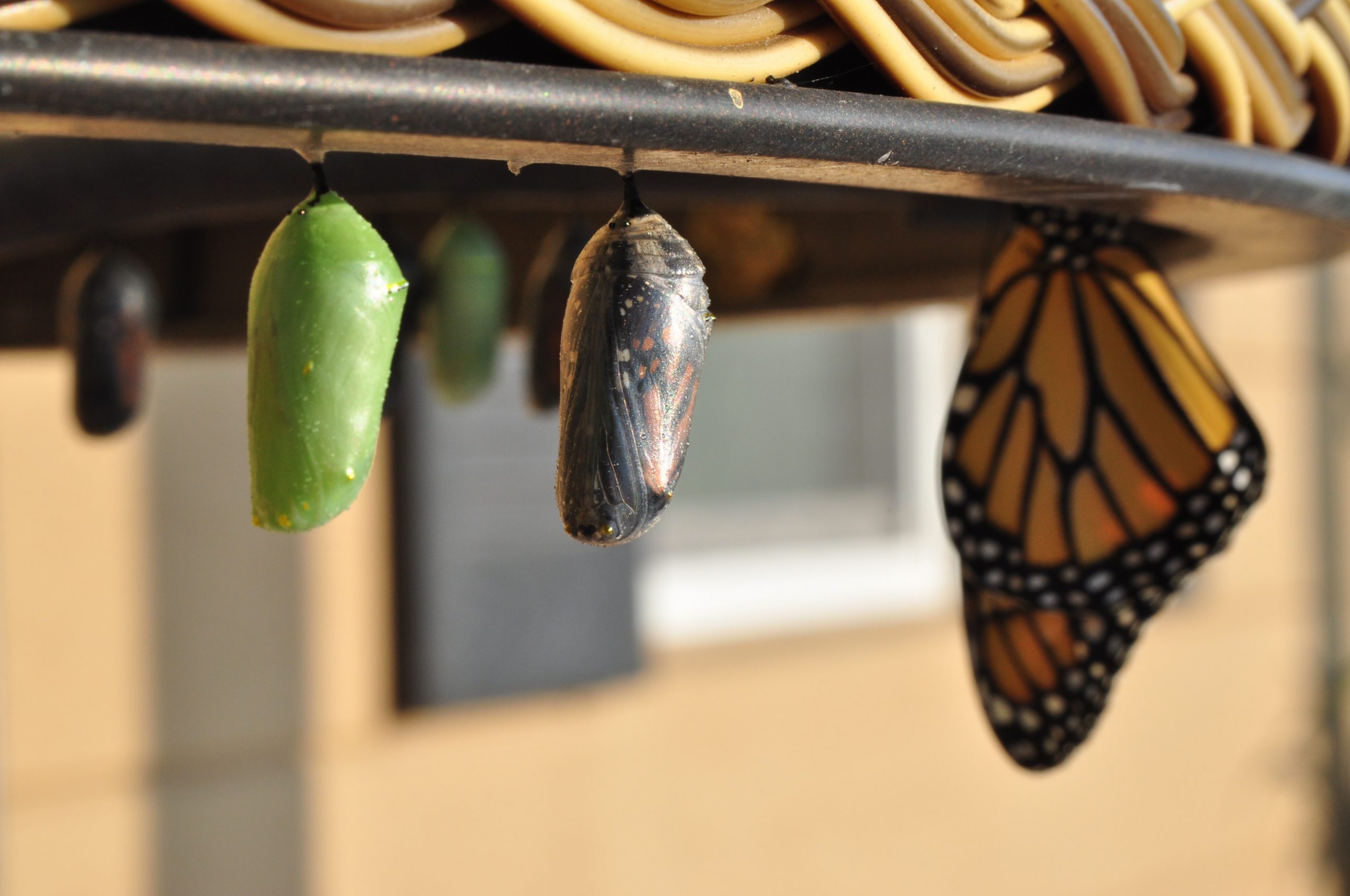“All change, please”
Organisational change hasn’t always been seen as one of our strengths as a sector. But is it time to re-evaluate that in the light of our response to Covid? Richard Calvert, DVC at Sheffield Hallam, reflects on what we’ve learned from the last 2-3 years about agility and responsiveness, and how we can embed this in future thinking about transformation and change.

One of my summer reads was Geoffrey West’s book on Scale. It’s a fascinating if at times frustrating exploration of how scale shapes so much of our world, and how an understanding of scale can help us make sense of complexity.
Scale explores one particular perspective on complexity, but it also got me thinking about how we make sense of complexity more broadly, and particularly the challenge of leading and managing universities at a time of significant and complex change.
Like many of us, I suspect, much of my early experience of organisational responses to change was through big, set-piece change programmes. Often launched with a bold vision, a snappy acronym, and a team of external consultants in the background, many of these programmes were founded on the premise that change could be designed and delivered, success declared, and that we’d then settle into a steady “post-change” state of business before the next change programme came along in a few years’ time.
It’s fair to say that most organisations have developed and adapted their approach to change over the last decade or more. While there are still plenty of examples of significant set-piece change programmes over recent years, including in my own institution, most of us have a better understanding of the importance of engagement and buy-in, of agility, of strong in-house ownership and leadership, and of realism about the costs as well as the benefits of change.
But how many of us, or perhaps more pertinently how many of our staff, would instinctively say that we’re good at organisational change?
There’s often been a perception that universities are resistant to change, and not very adept at it. That’s certainly a perception that I heard when I moved into the sector six years ago, and organisational confidence in our ability to deliver pacy and successful change was low.
However I wonder whether this perceived resistance has been more about how the sector has approached change, rather than about a fundamental resistance in itself.
We have all seen huge change in the last 2-3 years, as we adapted to the unprecedented impact of Covid on all aspects of our life and work. We changed the fundamentals of our business model more or less overnight, and continued to adapt as the pandemic ebbed and flowed across three academic years.
The pace and scale of change was at least partially the result of the ultimate burning platform. If you can’t bring students into the classroom, then there’s not much point in consulting on whether or not it’s a good idea to shift to remote delivery. You just get on and find ways to do it.
But I think there’s something more to it as well. We learned to act at greater pace, we learned the importance of agility and responsiveness, we simplified much of our governance and decision-making, and we also crucially learned to put greater trust in each other and in our teams.
Of course we didn’t get everything right. No one did. But we did achieve things which in more normal times we wouldn’t have thought possible, and we did so with – in many cases – a high degree of consent and support within our institutions.
So what can we learn from this, and what can we carry forward from a period of crisis response into a more confident approach to leading and managing change in future?
I’d offer five reflections:
- First, we need to free ourselves from the idea that universities can’t, won’t – or aren’t very good at – change. Few organisations find change easy, and we’re no different in that regard. But we’ve proved through our pandemic response that we are as capable as many organisations of delivering fast and fundamental change when we need to. Of course it’s been hard, messy, and sometimes with unintended and unsatisfactory consequences. But our focus should now be about how we achieve and sustain successful change, rather than whether or not we’re capable of it.
- Second, we need to learn and embed the lessons from Covid, thinking about what successful change models will look like in the post-pandemic world, rather than defaulting to the models we used pre-pandemic. Covid has changed so much about how we operate, about expectations, and about the relationship between our institutions and our staff and students. We’ll all learn slightly different lessons about what’s changed in each of our institutions. From my own experience at Hallam, the pandemic has put a stronger emphasis on agility, flexibility and trust; on open and honest communication; on bringing a wider and less hierarchically-based set of voices into governance and decision-making; and on the ability just to get on and do things in simpler and more efficient ways. I suspect that we can’t turn the clock back on these, even if we wanted to. So let’s take time to reflect, to identify what worked and what didn’t, and to properly embed this learning in our future approaches.
- Third, we need to get ourselves, and our institutions, comfortable with change as a constant. Wherever Covid or the next crisis takes us, the pace of change has increased exponentially over recent years, and it’s unlikely to stop. That’s not an easy message, and it’s one that challenges the notion of traditional set-piece change programmes, which assume the ability to change, then consolidate over an extended period. But it’s also one where honesty can help build trust and understanding, and where our Covid experience can help us.
- Fourth, such a shift requires a different style of change leadership – one that is less about bringing in a big team to manage and deliver change, and more about building a shared organisational platform and capability for change. Covid provided that shared platform in a way which few university strategies have done in the past, and in doing so it cut through much of the resistance and energy-sapping noise which so often accompanies change. I would suggest that those institutions which cope best with the rapid change of the next few years will be those which can maintain a shared platform for change, supported by strong collective leadership, and a genuinely shared vision and principles. More traditional programme management skills will still matter, as will capacity for effective programme support and continuous improvement in process and systems. But a model where change is perceived as simply a centrally-led process, or where cross-organisational leadership is not well-aligned, is unlikely to deliver at the pace and scale required, or to meet some of the changed expectations following our experience of Covid.
- Fifth, we need to measure and evaluate success, and to learn and adapt where things fail or are no longer the right solution. Much cynicism comes from the sense that change isn’t ever evaluated, or that we sweep things under the carpet. Covid required real-time monitoring and evaluation of success, and a much more continuous process both of acknowledging what did and didn’t work, and of adjusting our responses accordingly. Our communications became more honest and open, and while trust can never be taken for granted, there’s evidence that this more open and adaptive approach contributed to a less cynical and more engaged attitude to change.
We should never be naïve about the challenges of leading organisational change, nor about the complexity which characterises many of our institutions, or the context in which we’re working. But there is much we can learn from our Covid experience, and much which should give us confidence to challenge traditional perceptions of change readiness and capability within the sector. Learning and embedding those lessons will be critical for many of us if we’re to steer successfully through the turbulence of the next few years.
Related Blogs



